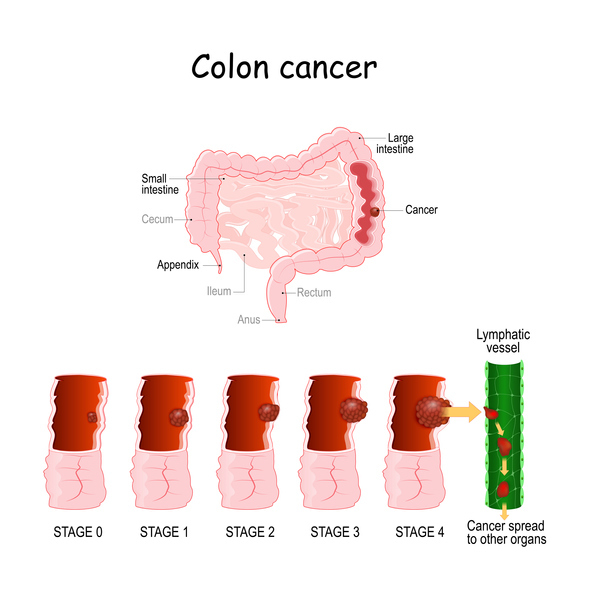When talking about cancer prevention, early detection is always mentioned. This is because as cancer spreads and the more advanced it becomes, the more difficult it is to treat. Catching cancer or potentially-cancerous growths early can greatly increase the chance of survival or even thwart cancer entirely. It is estimated that colorectal cancer will be the cause of around 50,000 deaths in the U.S. this year. For people who are already at a higher risk of colorectal cancer, like African Americans, waiting to get screened is not a risk worth taking.
Impact On African Americans
Howard University Hospital is an urban hospital that primarily serves ethnic minorities. Howard started to notice that adenoma (precancerous polyps found in the colon) and advanced adenoma were being found in large numbers in African Americans, so they decided to conduct a study to examine this observation. For the study, Howard examined a number of biopsies from people age 50+ who were asymptomatic and had come in for free colonoscopy screenings. The sample size was predominantly African American with the ratio of men to women about half and half. The study found that a staggering 98% of the patients (all but one person evaluated) had polyps, with 78% being adenomas and 35% being advanced adenomas. Further comparisons showed very little difference between Hispanic and white populations but much higher rates of adenoma in both male and female African Americans.
What Is An Adenoma, And How Is It Related To Colon Cancer?
In order to further understand Howard University Hospital’s study, it is helpful to understand adenoma and its relation to colorectal cancer. An adenoma is a common type of polyp, which is a growth on the lining of the colon or rectum. On their own, polyps are non-cancerous, but sometimes they can turn into cancer. There are a couple of types of adenomas—tubular and villous. Tubular adenomas are smaller and are found in the open space of the colon. A villous adenoma tends to be larger, looks flatter and spread out, and is more likely to be cancerous. Regardless of which type of adenoma is found, removal is the next course of action. The type of adenoma is less of a factor for deciding treatment and more a determinant for follow-up care. Follow-up care depends on the number of polyps found, the type, and if they are adenomas, whether they are tubular or villous. Follow-up will likely involve one or more additional colonoscopies to ensure any adenomas removed are completely gone and that no cancerous polyps develop.

Importance Of Early Detection Of Colon Cancer
While the presence of polyps doesn’t necessarily mean a person will get cancer, most colon and rectal cancers start with a polyp. Colorectal cancer is the third leading cause of cancer death in the U.S. with a 65% five-year survival rate, meaning that on average 65 out of 100 people with colorectal cancer are alive five years after diagnosis. This is why early detection of polyps and adenomas is so important, especially for African Americans, because they carry such a high risk of developing adenomas (as the study above pointed out). In addition to being African American, there are some other factors that increase your risk of getting colorectal cancer. Knowing these factors will help you and your doctor pay close attention to symptoms that may indicate a problem. Personal and family history is a major risk factor. A family history of any type of cancer causes increased risk, but a history of adenomatous polyposis and non-polyposis colon cancer carries the highest risk since they are issues of the colon. Other lifestyle factors like obesity, inactivity, smoking, and excessive alcohol use contribute to a risk of colorectal cancer. Type 2 diabetes and inflammatory bowel disease have also been linked to an increased risk of colon and rectal cancers.
Screening For Colon Cancer
Screenings are still the best way to catch polyps and adenomas early. No matter who you are, you should get a colonoscopy at age 45, but if you have one or more of these risk factors, screening must be a priority. You can schedule your colonoscopy today at one of GI Associates’ convenient locations. We can also help you evaluate your personal risks and determine whether early screening or additional screening makes sense.
